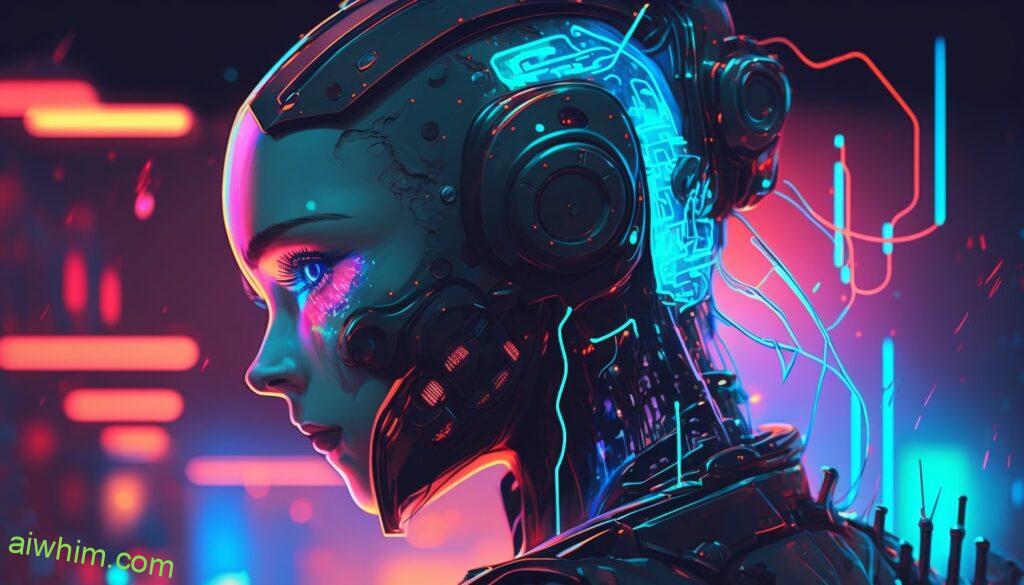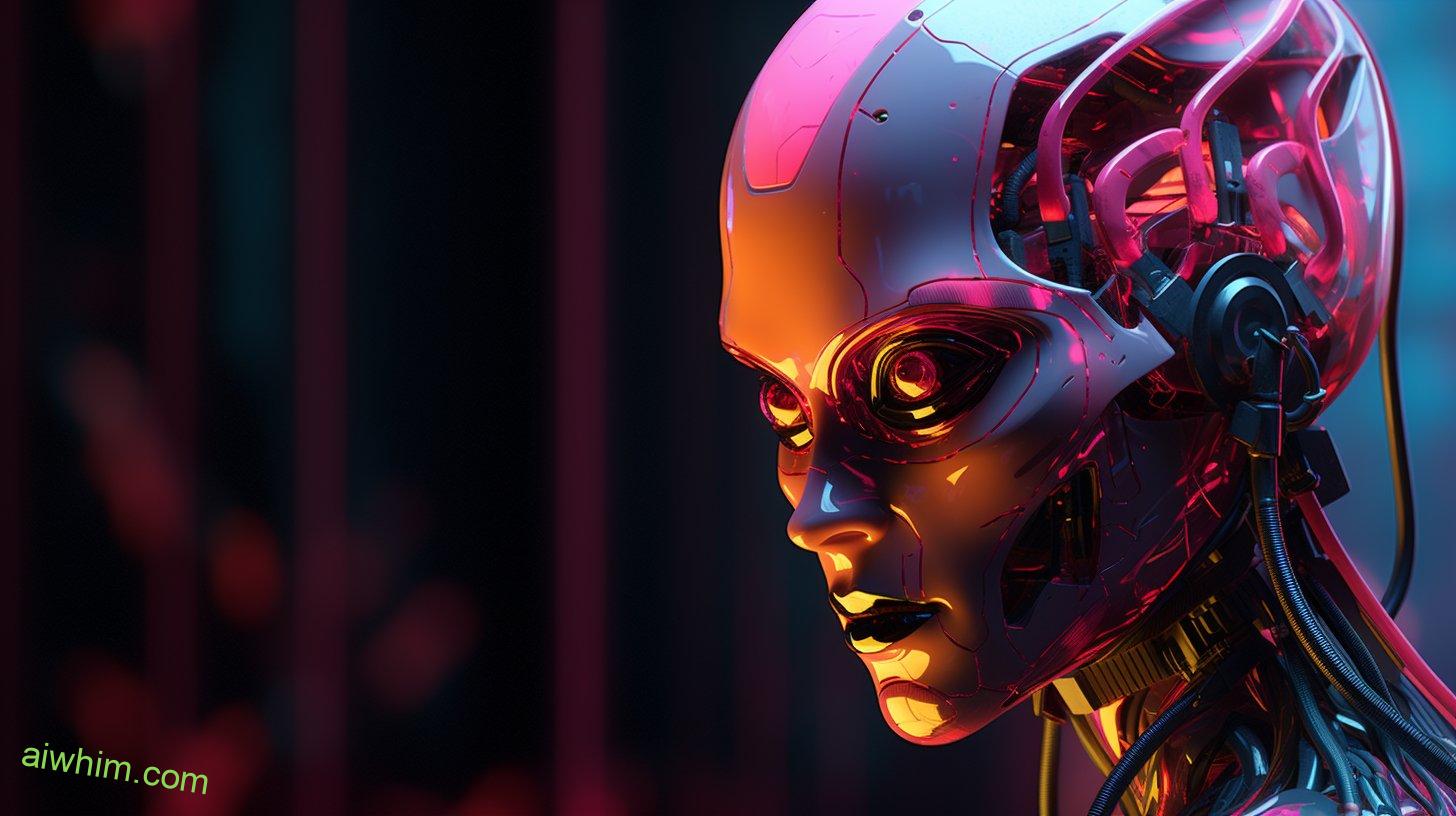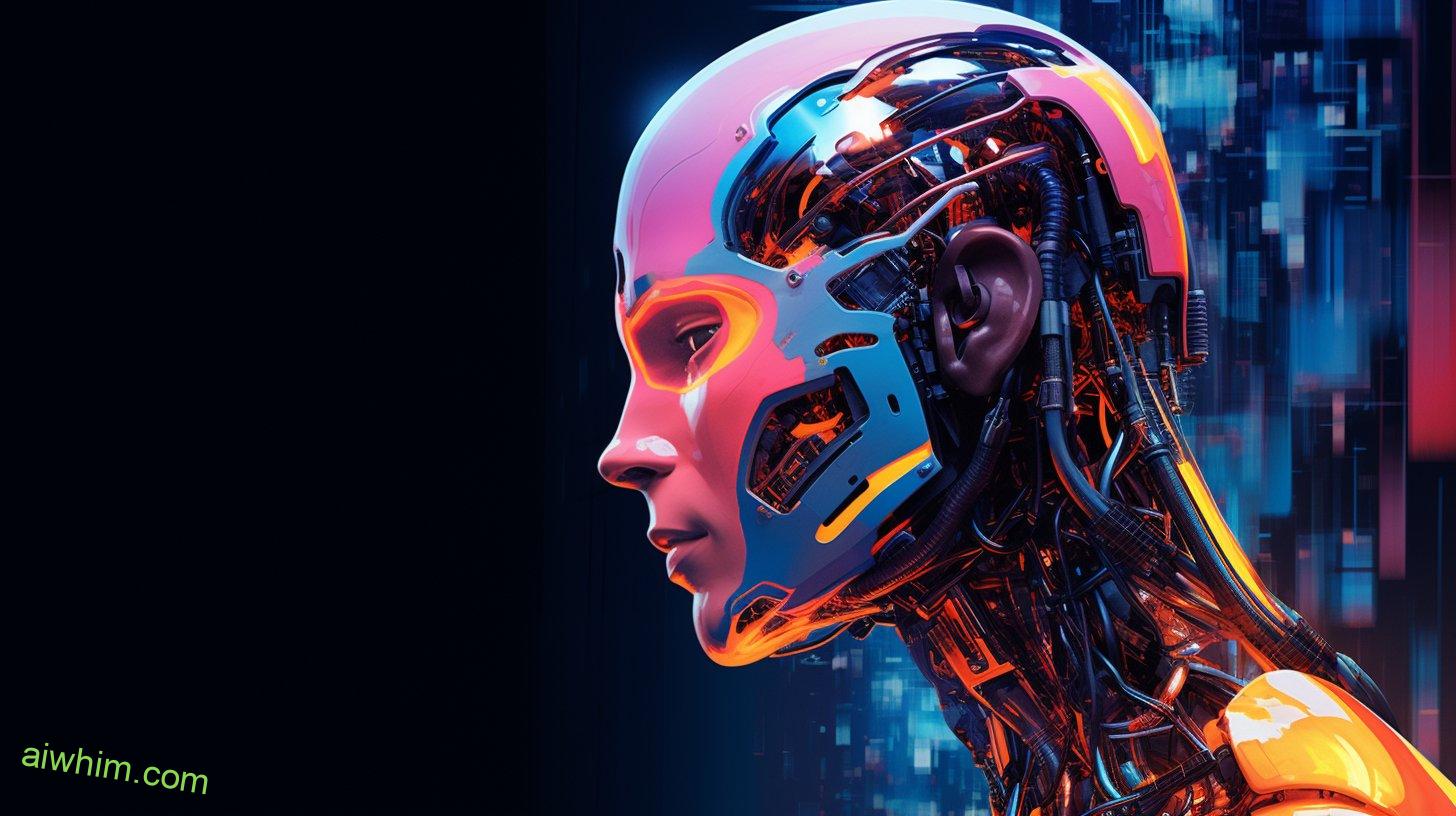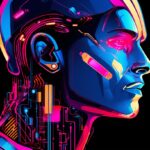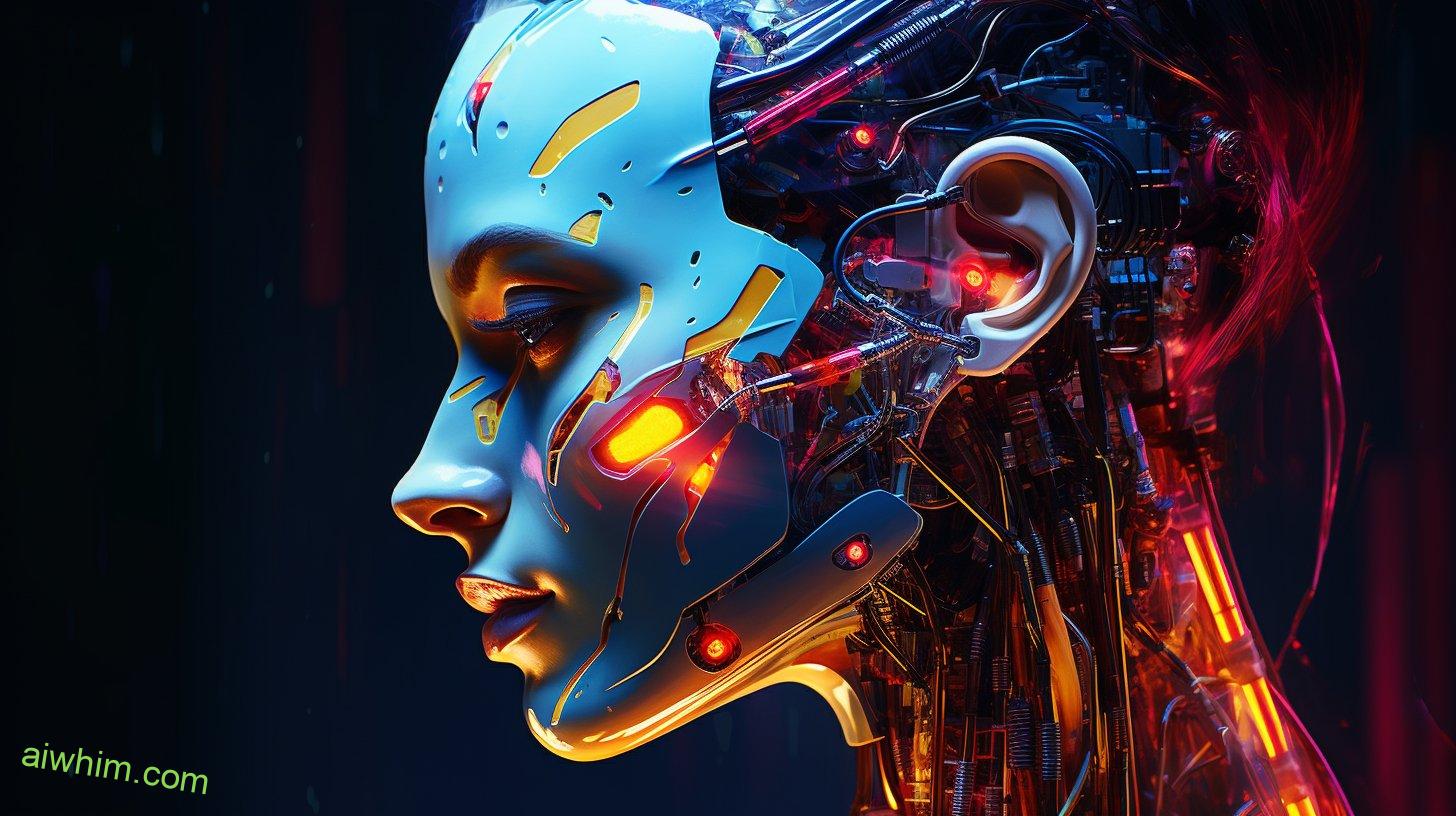Do you ever wonder if chatbots and AI could replace your job as a personal assistant? In this digital age, technology is rapidly advancing to the point where robots may soon be able to do more than just simple tasks. As automation takes over many roles previously filled by humans, it’s natural to ask: are we at risk of losing our jobs to machines? This article will explore how these technologies might threaten human employment, and what implications they have for those who rely on their positions as personal assistants.
The rise of machine learning has brought with it both potential benefits and serious worries about its impact on our lives. While some argue that automation will lead us into an era of increased leisure time, others fear that it could result in mass unemployment and economic instability. The advent of artificial intelligence-powered chatbots has added another layer of complexity to the debate. Although these systems have been designed to simplify mundane tasks like scheduling appointments or processing orders, there is a growing concern that they could eventually supplant human workers entirely.
If chatbot and AI technologies continue to develop at their current rate, then the future of work looks far different from what we’ve known until now. With no clear answer as to whether these advances will ultimately serve humanity or hinder us, it’s important that we take the time to consider all aspects of the issue before making any decisions. We must weigh up the advantages against the disadvantages posed by such technological progress so that everyone can benefit from its use responsibly — including those whose livelihoods depend on being employed as personal assistants.
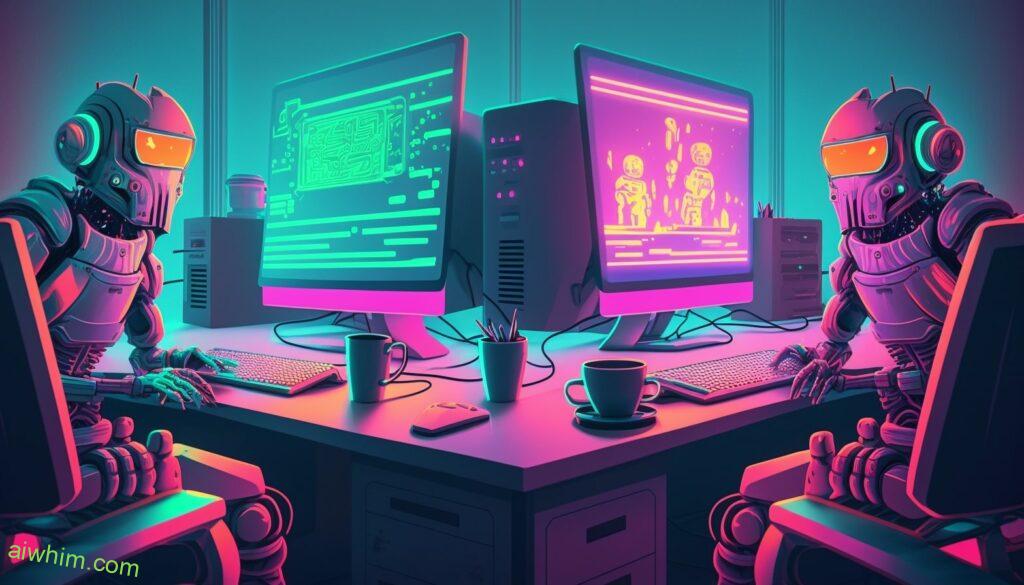
Definition Of AI And Chatbots
AI and chatbots are like two sides of a coin. Artificial Intelligence (AI) is the field dedicated to creating machines that can think, learn, and act just as humans do. While AI is often seen as a broad term that covers many different technologies, Chatbots specifically refer to computer programs designed to simulate conversation with human users over the internet.
Chatbots use natural language processing (NLP), which enables them to understand basic commands given by their users. This allows them to respond quickly and accurately in real-time interactions, making them a powerful tool for businesses looking to automate customer service tasks or provide helpful information on demand. On the other hand, AI has much broader applications than simply powering chatbot conversations: it can be used for medical diagnoses, autonomous driving systems, image recognition software, and more. In short, AI provides the underlying technology behind most modern automations—chatbot or otherwise.
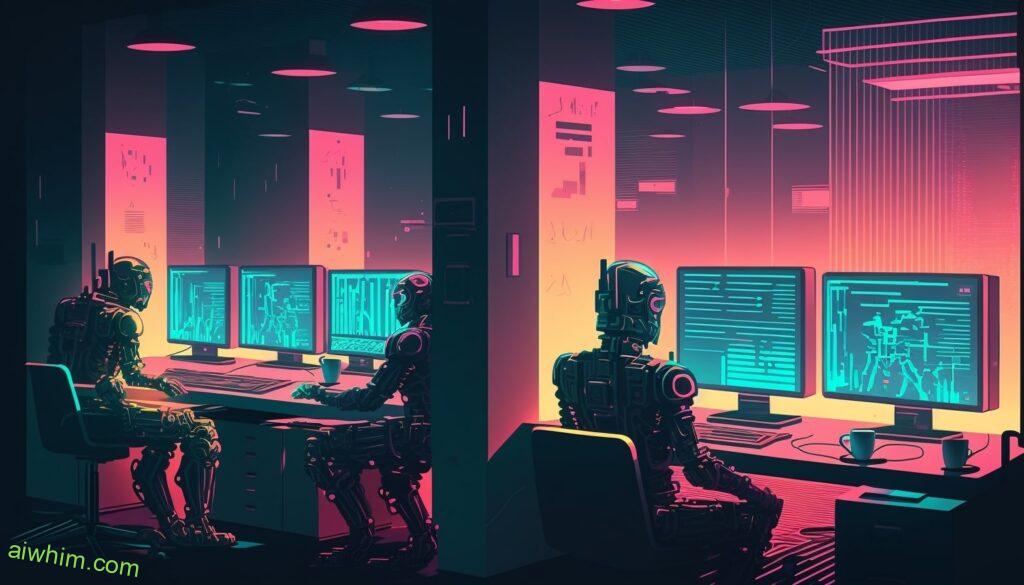
Benefits Of Using AI And Chatbots For Personal Assistance
The use of AI and chatbots has many potential benefits, particularly when it comes to automating personal assistant tasks. Chatbot automation can save time by organizing information, responding to customer inquiries, or booking appointments quickly. Meanwhile, AI applications can help automate tedious administrative tasks such as paperwork processing or data entry. This could free up a personal assistant’s schedule and allow them to focus on more important projects. Additionally, the use of machine learning and artificial intelligence in these technologies can ensure that bots are better able to understand context and respond appropriately.
Overall, using AI and chatbots for automated personal assistants is an attractive option for busy professionals who need additional support with their workload. Not only does this technology have the potential to make life easier for a professional’s assistant – freeing up time for more meaningful work – but also offers a variety of other advantages such as cost-efficiency and accuracy. The power of modern technologies like AI and chatbots should not be underestimated; they may well soon become essential tools for any successful business.
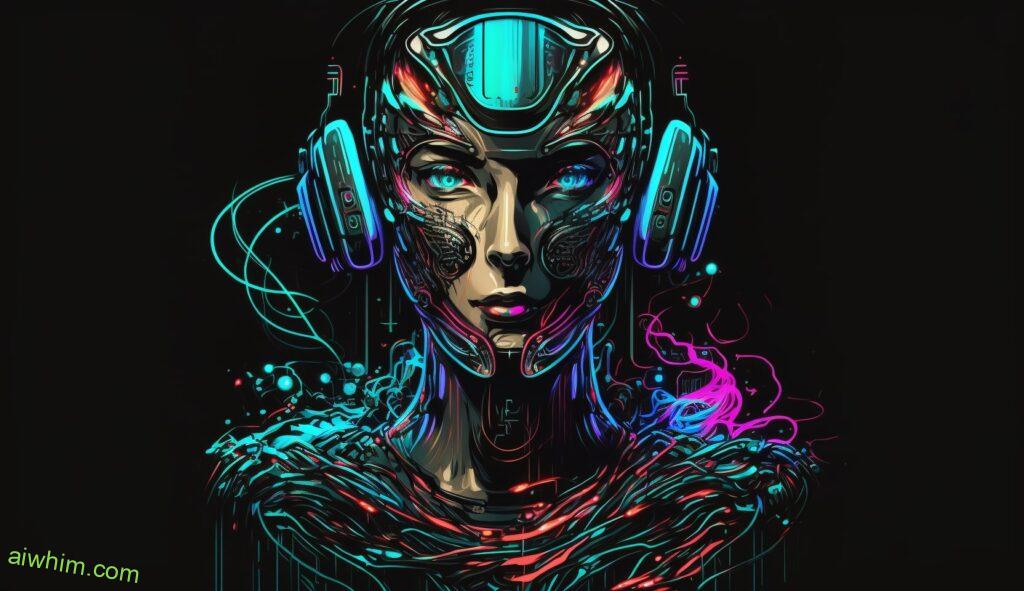
Challenges Of AI And Chatbots In The Workplace
The introduction of AI and chatbots into the workplace poses a significant risk to personal assistants. Automation technology can easily replace many jobs that require high levels of routine, structured work. This could mean job displacement for some personal assistants, leaving them without employment or needing to find new roles in different industries.
At the same time, there is an opportunity for those willing to invest in their skillset. The implementation of automated tools creates a need for people with technical expertise who can help keep these systems running smoothly. It also opens up space for innovation as businesses strive to create more efficient processes and products through automation. However, this means that companies must fill the skills gap by recruiting employees capable of managing the new technologies or retraining existing staff members so they have the right set of skills necessary to manage these developments within Human Resources departments.
This transformation has already begun and will continue over time as more organizations begin taking advantage of automation and artificial intelligence capabilities. As such, it’s important for personal assistants to stay informed on the latest trends in order to ensure they remain employable in today’s ever-changing workforce environment.
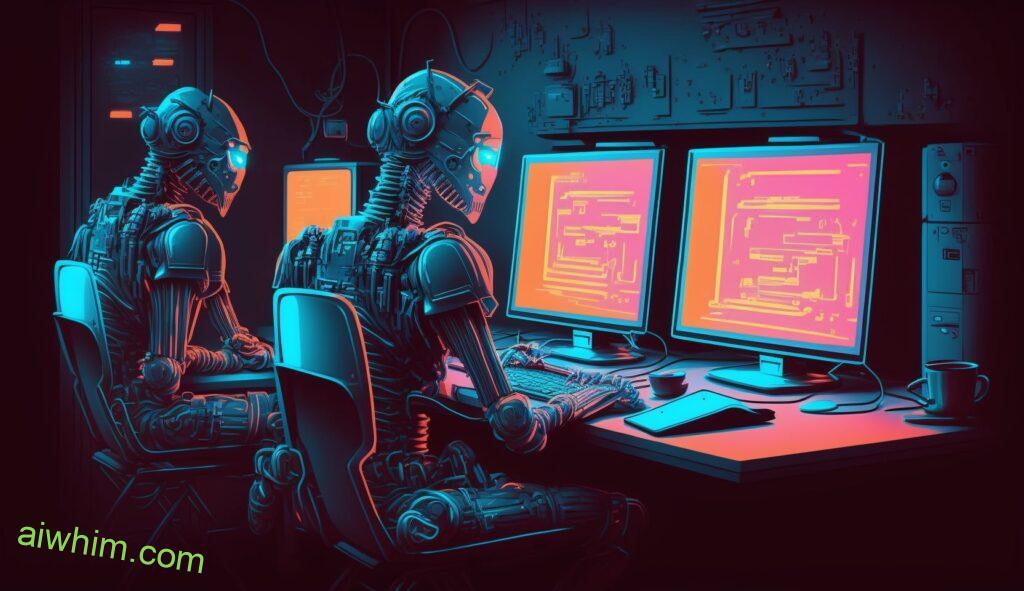
Potential Impact On Personal Assistants
As the sun rises on a new day, it casts a shadow of uncertainty over personal assistants who fear for their job security. With chatbots and AI rapidly replacing human labor in many industries, one can’t help but wonder if this technology will eventually replace them too.
- Automation Ethics: There is an ethical dilemma surrounding automation technologies like chatbot and AI as they threaten to take away jobs from humans and leave people unemployed.
- Personal Assistant Jobs: While some see potential benefits that these technologies bring to businesses, others worry about what impact they may have upon personal assistant jobs worldwide.
- Chatbot Automation: In addition, there are questions around how efficient chatbot automation will be compared to traditional methods of providing assistance; could bots ultimately make decisions more effectively than humans?
- AI Impact: As AI continues to become more advanced, its ability to understand complex instructions increases dramatically – something which could further reduce the need for human input when completing tasks or responding to queries.
The rapid development of artificial intelligence has opened up a world of possibilities for both individuals and businesses alike – with potentially far-reaching implications for those employed within certain roles such as personal assistants. It’s no surprise then that the rise of AI has raised much debate around the ethics of automation and whether it should continue unchecked at the cost of putting working professionals out of business altogether. Ultimately, only time will tell what sort of long term effect this shift towards automation might have on personal assistant jobs in years to come.
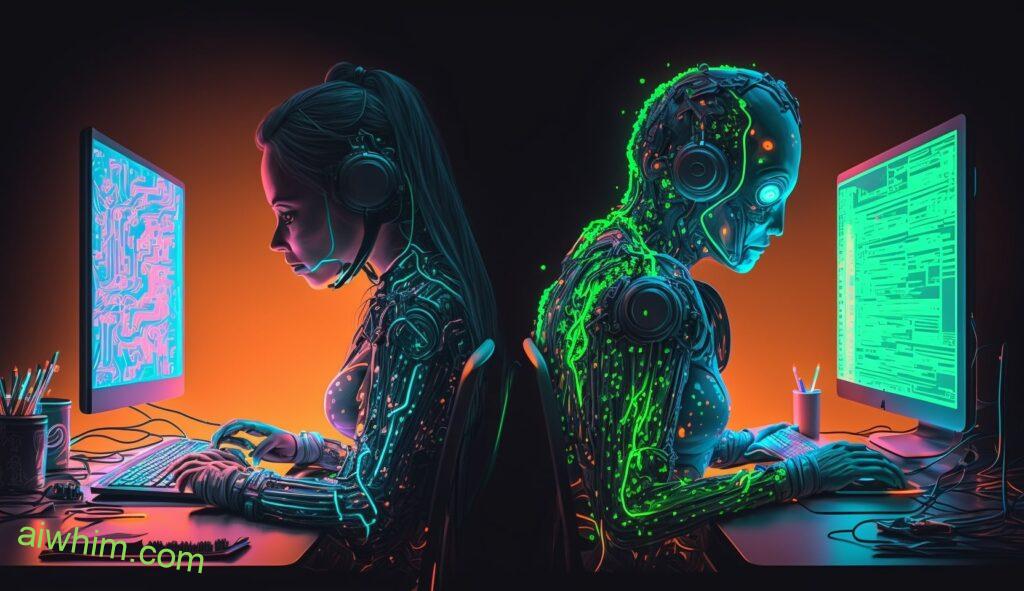
Advantages Of Hiring A Human Personal Assistant
Hiring a human personal assistant is often the best option for those who need assistance with their daily tasks. Personal assistant services are becoming increasingly popular, as they can provide customers with an experienced and reliable person to take care of all their needs. Not only do these professionals have the knowledge and expertise necessary to perform the required roles, but they also possess certain skills that no chatbot or AI could ever replicate.
A professional personal assistant will be able to anticipate your needs before you even realize what’s needed. They are well-versed in taking initiative and making sure that every task is completed efficiently. Furthermore, hiring a human personal assistant allows one to form a relationship built on trust, understanding, and respect – something that AI cannot offer. Human assistants have the ability to think analytically, problem solve quickly, adjust plans when necessary and communicate clearly. Moreover, they understand social cues which make it easier for them to respond appropriately in different situations; unlike robots or computer programs which would struggle in this area.
The benefits of having a real person by your side far outweigh any advantages offered by using automated systems such as chatbots or AI. With a human personal assistant at hand, you never have to worry about losing touch with reality nor feeling overwhelmed by an endless list of responsibilities. Therefore if you’re looking for someone dependable who can manage your life’s details while providing valuable insight along the way then look no further than hiring a skilled human personal assistant – it’ll certainly pay off!

Disadvantages Of Relying On AI And Chatbots
As more and more businesses rely on AI and chatbots to provide customer service, there is a risk that your job as a personal assistant could be replaced. While this technology has its advantages in terms of speed, accuracy and cost savings, it also comes with some serious drawbacks:
- AI reliability: AI-powered systems are prone to errors due to their limited understanding of human language. This can lead to misunderstandings between the customer and the machine.
- Chatbot accuracy: AI algorithms can struggle to understand context or nuances in conversation which can lead to inaccuracies when responding.
- Automation drawbacks: Machines lack the flexibility of humans when dealing with complex tasks such as solving non-standard problems – something a human would find much easier.
Furthermore, relying too heavily on automation raises security issues since many machines lack proper encryption protocols for protecting user data from hackers. When considering whether or not you should replace yourself with an AI system, these points need to be taken into consideration before making any decisions. To ensure both efficiency and security, balancing manual processes with automated ones is key – while still relying heavily upon people’s expertise. After all, no matter how advanced our technology gets, it will never match the power of human intelligence!
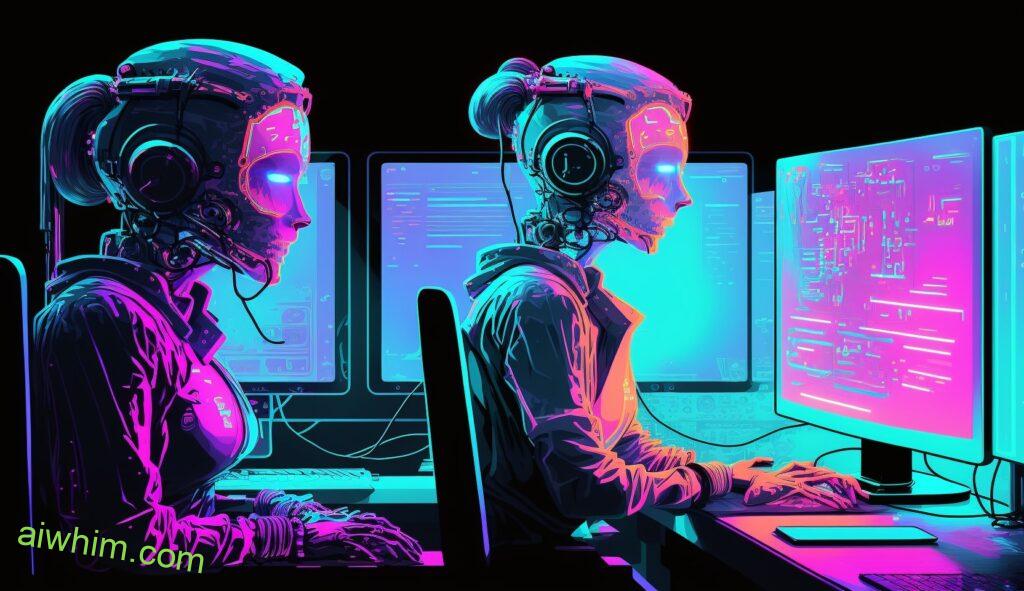
Automation Versus Human Interaction
The increasing prevalence of chatbots and AI has many people worried that they may eventually replace human jobs. While it is true that automation can provide an efficient way to complete tasks, the risk of automation replacing human interaction cannot be overlooked.
Employees are concerned about job security in a rapidly changing workforce where automation is becoming more commonplace. Automation will inevitably affect some aspects of certain jobs, but there still needs to be a strong focus on ensuring employees have access to benefits such as career development opportunities and adequate training for their roles. As technology advances, more emphasis should also be placed on recognizing employee contributions and providing them with meaningful rewards for their efforts. The importance of quality human interaction should not be forgotten when considering how automation affects the workplace.
Efficient production through automated processes is certainly beneficial, however it must coexist alongside genuine interactions between humans if we are to create truly effective workplaces and foster collective success across organizations. Employees need to feel valued and empowered so they can make full use of their skillsets while enjoying greater job security within an increasingly competitive marketplace.
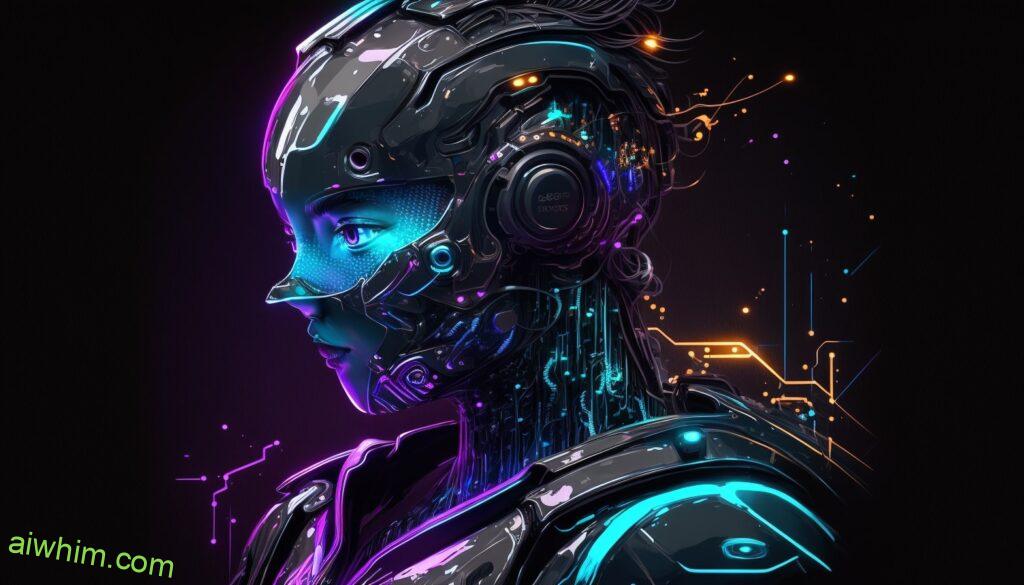
Education And Training Opportunities For Personal Assistants
As a personal assistant, you may be concerned that chatbots and AI could take over your job. While it’s true that automation can help streamline many of the tasks associated with being a personal assistant, there are still numerous opportunities for professional development in this field.
The good news is that there are several educational and training opportunities available to those looking to make a long-term career out of working as a personal assistant:
- Attending relevant classes or workshops
- Participating in employer sponsored programs
- Pursuing industry certifications
- Gaining experience through volunteer work
- Developing networks within the profession
These activities will provide you with meaningful skills and knowledge which can set you apart from other applicants. It also helps build confidence in yourself and your abilities as a personal assistant. As such, taking advantage of these resources gives you an edge when competing for jobs against others who have similar qualifications but lack the dedication to their own professional development.
Whether you’re new to the role or already established as a personal assistant, investing in yourself is key! Taking initiative to educate yourself on best practices; stay up-to-date on trends; network with peers; and gain specialized skills makes all the difference between success and failure in any profession—especially one like personal assisting where competition can be fierce.
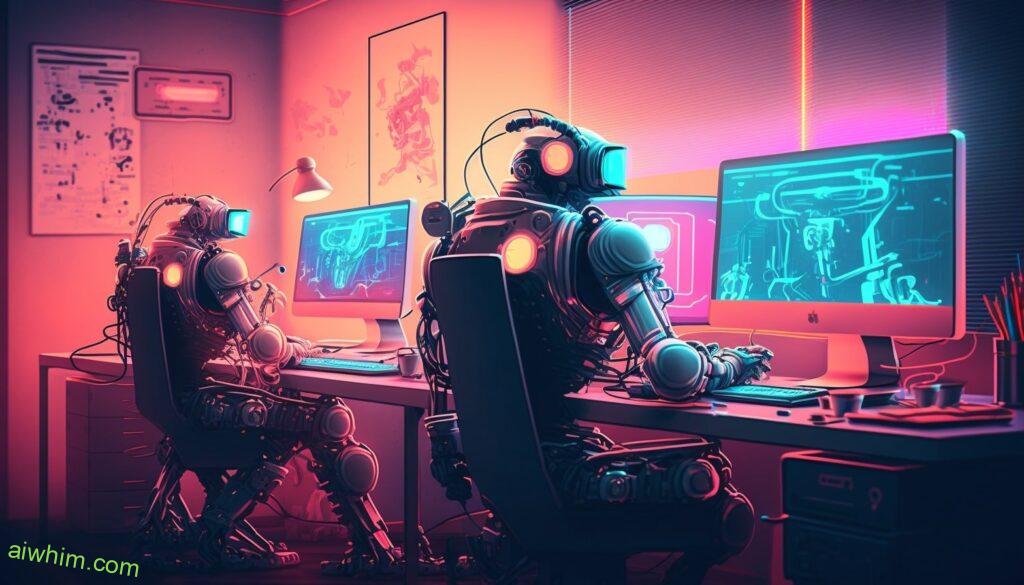
Future Applications For AI And Chatbots
As the world moves further into the digital age, automation trends and advancements in technology are shaping our lives.
The implications of the shift towards AI-based applications can be far-reaching for personal assistants. As machine learning continues to make leaps forward, virtual assistant roles could become more automated and streamlined over time. For instance, tasks such as scheduling meetings or drafting reports may no longer require manual labor from human employees but instead be handled by AI software that has been designed specifically for those purposes.
In addition to reducing costs associated with hiring staff, these new technologies have the potential to provide better customer experiences than ever before. By leveraging predictive analytics and natural language processing capabilities, AI enabled systems can quickly respond to inquiries and anticipate needs without any input from human operators. Ultimately, this makes it possible for customers to get answers faster while freeing up personal assistants’ time so they can focus on higher value tasks that cannot yet be automated efficiently at scale.
Despite the increasing presence of AI within various industries, there will always remain certain aspects of being a personal assistant that simply cannot be replaced by machines alone—such as providing empathy and building relationships with colleagues and clients alike. Thus, while incorporating new technological tools into their workflows is essential for staying competitive in today’s market, it should not come at the expense of developing one’s interpersonal skillset as well.
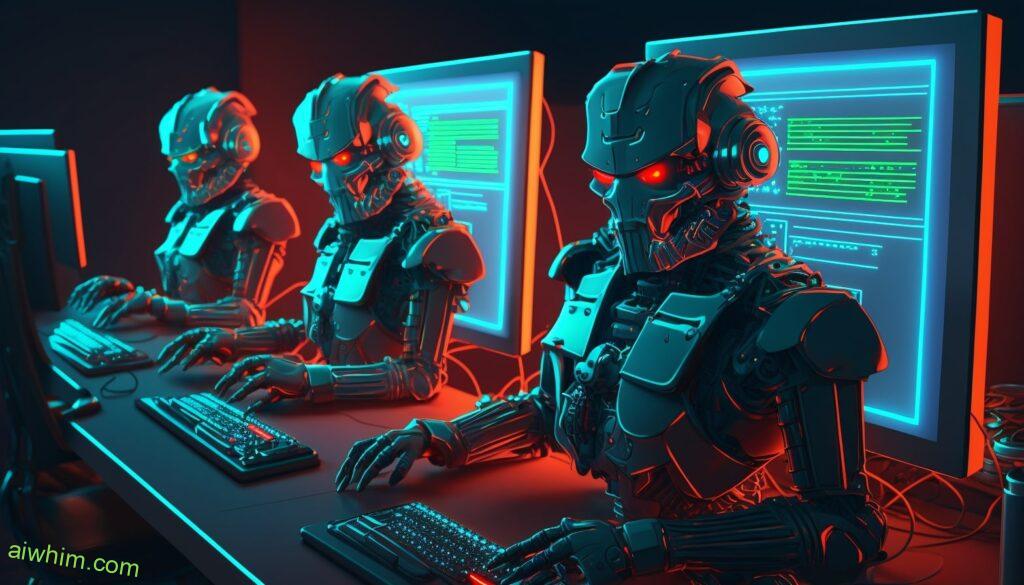
Ethics In Replacing Personal Assistants With Machines
The ethical implications of replacing human personal assistants with machines like chatbots and AI must be considered. This is an issue that can have far-reaching implications for the entire workforce, from those in lower paying jobs to highly skilled professionals. It is important to recognize that when a machine replaces a person’s job, there are economic and social consequences that should be taken into account.
Humans rely on personal assistant jobs to make ends meet, while machines offer companies greater efficiency at a fraction of the cost. In addition to this cost savings, there are more ethical considerations when it comes to using machines as replacements for people. For instance, how will humans interact with their new robotic counterparts? How will these interactions affect morale in the workplace? What rights do robots and AI possess compared to humans? These questions all point towards larger issues around human-machine relations which need addressing before any decisions are made about using AI or other technology as alternatives to human labor.
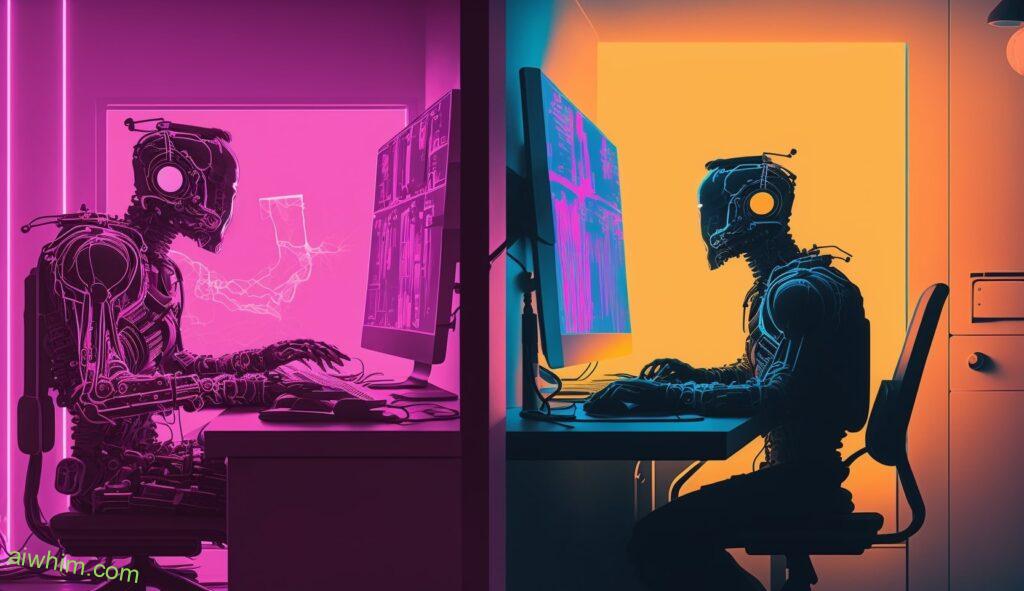
Cost Vs Efficiency Analysis
The debate around whether chatbots and AI will replace personal assistants is as complex as a labyrinth. We must examine the cost-efficiency of this automation versus employing human labor, to determine if there’s real risk regarding job displacement.
When it comes to assessing cost vs efficiency, the upfront investment in hardware and software can be high for businesses looking to automate tasks with chatbots or AI programs. But once that initial capital outlay has been made, long-term savings are likely due to reduced expenditures associated with manual labor costs. As businesses weigh these factors against each other, they should also consider potential efficiency gains from automating certain processes. In addition, machine costs—such as maintenance fees or license renewals—can often be seen as more predictable than hiring additional personnel.
Ultimately, businesses seeking to optimize their operations may decide that combining human labor with automated solutions results in greater cost-savings and improved levels of efficiency than either could achieve alone. The key is understanding how best to strike the perfect balance between both approaches through careful analysis and planning. Such an informed decision requires considering all angles before making any moves; only then can companies make educated decisions about what type of future technology investments will drive them forward into success.
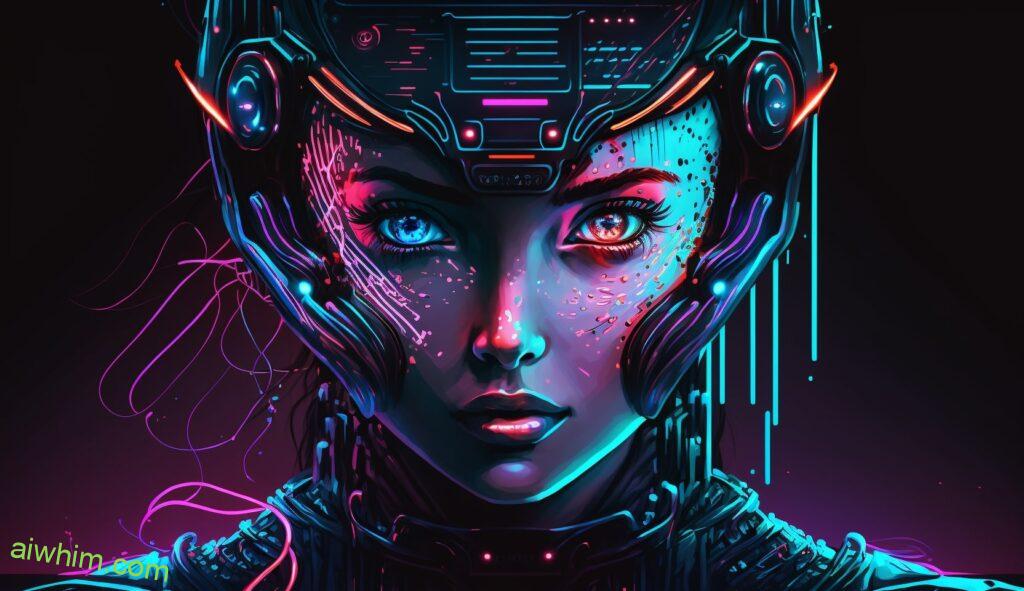
Security Considerations
The risk of chatbots and AI replacing jobs is real, but it’s important to consider the security implications associated with this technology. The potential for identity theft or data breaches must be taken seriously when implementing these technologies in the workplace. As such, organizations should ensure that appropriate cybersecurity measures are implemented to protect their employees’ personal information from malicious actors.
Organizations should implement robust authentication protocols and encryption algorithms to help reduce the chances of a data breach or identity theft occurring. It’s also essential that they have policies in place regarding how employee data is handled and stored securely. Additionally, organizations should educate their staff on best practices for using digital tools like chatbots and AI safely and securely.
It’s clear that while there may be some risks associated with incorporating automated systems into the work environment, taking proactive steps towards protecting sensitive data can help mitigate those dangers. Organizations need to recognize that security considerations should always come first when introducing new technology into their operations if they want to keep their staff safe from cyber threats.
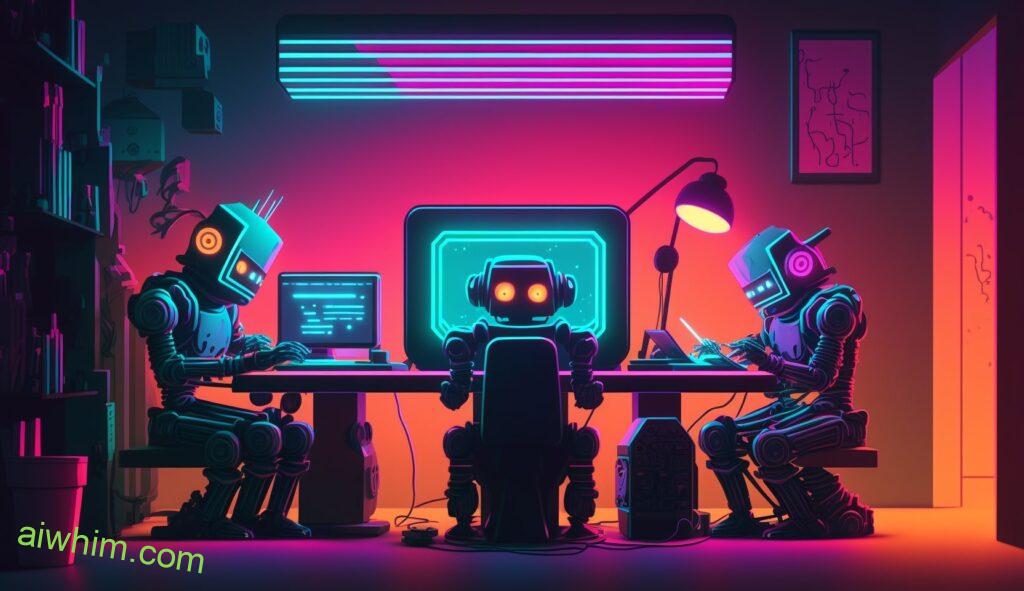
Data Privacy Concerns
With the rapid advancement of technology and artificial intelligence, there is a looming concern about data privacy. As chatbots and other AI-powered tools become more prominent in our lives, it’s important to ensure that laws and regulations are in place to protect us from privacy breaches. Data protection measures are critical when it comes to safeguarding personal information. Companies must adhere to stringent data security policies to prevent unauthorized access or disclosure of confidential user data.
The introduction of new technological innovations also raises concerns regarding potential violations of data privacy rights. It’s essential we remain proactive with regard to protecting ourselves against any kind of cyber intrusion or malicious activity involving sensitive information. With the right data privacy laws and regulations in place, combined with effective privacy breach prevention strategies, individuals will be able to trust digital platforms without worrying about their safety or security being compromised.
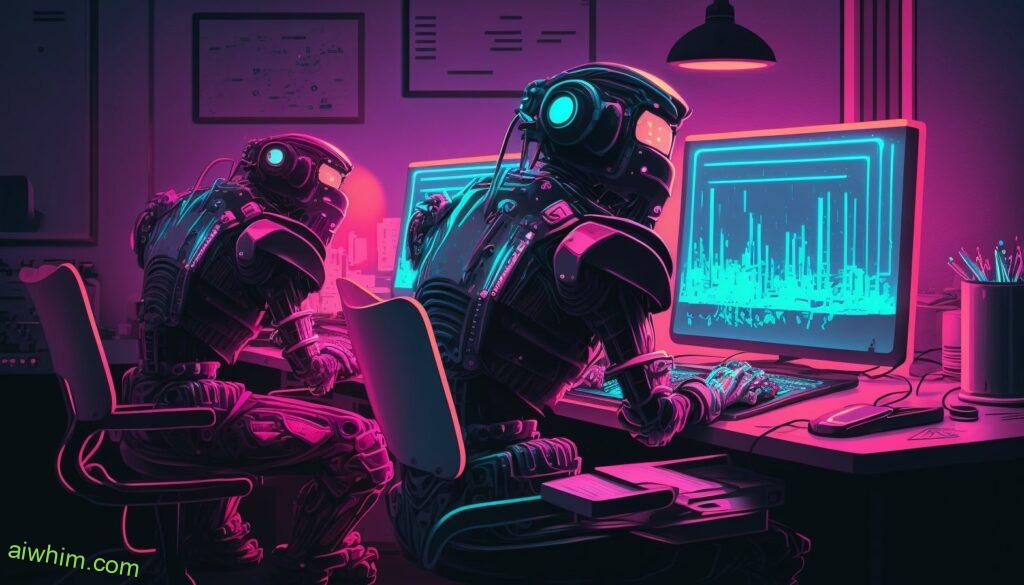
Adapting To Technological Change
In reality, while certain roles may become automated with AI-powered bots, many personal assistant positions will require human interaction for the foreseeable future. To stay competitive and remain relevant in today’s job market, individuals must continuously adapt to changes brought on by new technologies. This means learning how to use them effectively and efficiently so they can increase productivity and efficiency within their current role. Additionally, workers need to be proactive in seeking out opportunities for acquiring new skills related to digital tools as well as staying up-to-date with industry trends – both of which will help them remain employed even if the job field shifts due to advancements in technology or automation.
In other words, adapting to change is essential for success in any line of work today; especially when it comes to embracing cutting-edge technology. Those who take initiative and make an effort to understand emerging tech will not only gain a greater sense of control but also open up potential career paths they would otherwise miss out on. So rather than focus solely on what might be lost through advancing technologies, we should celebrate the freedom that comes with having more options available at our fingertips!
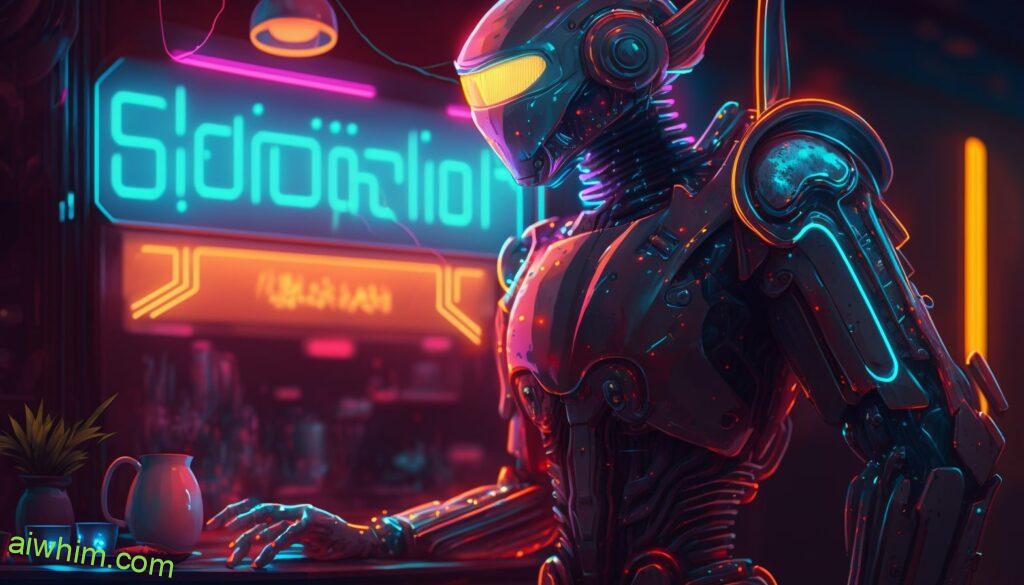
In Summary
The potential impact of chatbots and AI on the role of personal assistant is still uncertain. Automation may reduce costs and make certain tasks more efficient, but it could also increase job insecurity for those in the workforce. It’s important to consider how many jobs might be affected by automation and what steps can be taken to ensure that employees are protected from displacement.
- Job security should be top priority when considering implementing automation into any industry or sector.
- Data protection must also remain a focus as machine learning capabilities become increasingly sophisticated; human resources should take proactive steps to protect employee information from cyber threats posed by automating processes.
- Cost analysis will ultimately decide if chatbots and AI replace personnel – employers need to weigh up their cost savings against the potential losses associated with letting go of experienced staff members.
Ultimately, the decision about whether automation poses a risk to personal assistants depends on a number of factors, including existing job roles, economic stability, technological advancements, and legal considerations such as data privacy laws. As technology continues to evolve at an ever-increasing rate, it’s important to continue monitoring developments so that you can prepare yourself for whatever changes may come in your way!
Author: Ole Paulson
Author Bio: I’m Ole and on this website, I share everything there is to know about Artificial Intelligence, and useful tips for using AI to our advantage. I have a background in data science and research and have been following the AI-space for years. You can read more about me in the “About” page.

